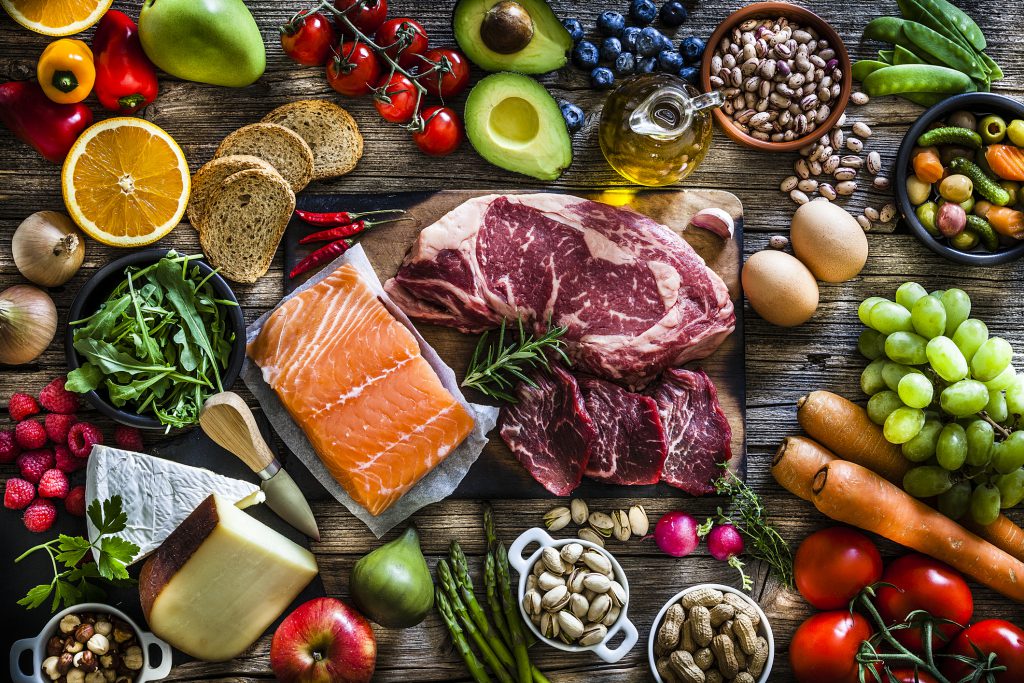As has been covered extensively by Law Street Media in years past, the nation’s largest food providers have been subject to multiple massive antitrust lawsuits in recent years. The targeted meat providers include Tyson Foods, Pilgrim’s Pride, Perdue, Koch Foods, Sanderson Farms, Smithfield Foods, their subsidiaries, and others. Multiple multidistrict antitrust suits are ongoing, including cases covering chicken, pork, and cattle, sometimes with multiple incarnations of each.
The cases are varied, but the allegations, generally, track each other – the meatpacking industry is highly concentrated, leading to allegations that prices for these important products are excessively high. A key component in the industry is Agri-Stats, a company that purportedly allows for information exchange among top producers to aid in pricing. The Department of Justice sued Agri-Stats last year, alleging that “Agri Stats violated Section 1 of the Sherman Act by collecting, integrating and distributing competitively sensitive information related to price, cost and output among competing meat processors.”
While the Agri-Stats suit continues, some meatpacking companies are starting to settle. Brazil-based meatpacking giant JBS settled its involvement in a beef lawsuit for $25 million last year. However, last month, McDonalds filed suit against the industry, again alleging that beef prices are artificially high.
Docket Alarm analytics can show how these lawsuits have impacted the companies facing antitrust lawsuits. For Tyson Foods, antitrust claims are the main driver of litigation, responsible for about one third of the federal cases against it. The company saw an unprecedented spike in litigation against it in federal court in the early 2020s, as dozens of food purchasers brought suit against the company – these lawsuits are largely folded into the multidistrict matters detailed above.
Agri Stats itself also demonstrates a similar pattern. The company has faced almost entirely antitrust lawsuits – over 90% of the 200 lawsuits they have been involved in since 2017. Additionally, these matters are concentrated in the early 2020s, alongisde the rise of the multidistrict lawsuits.
Like with many legal trends, the filing of lawsuits has slowed down, but the suits themselves continue, and will likely for many years as settlements (and potentially trials) determine any outcome.
